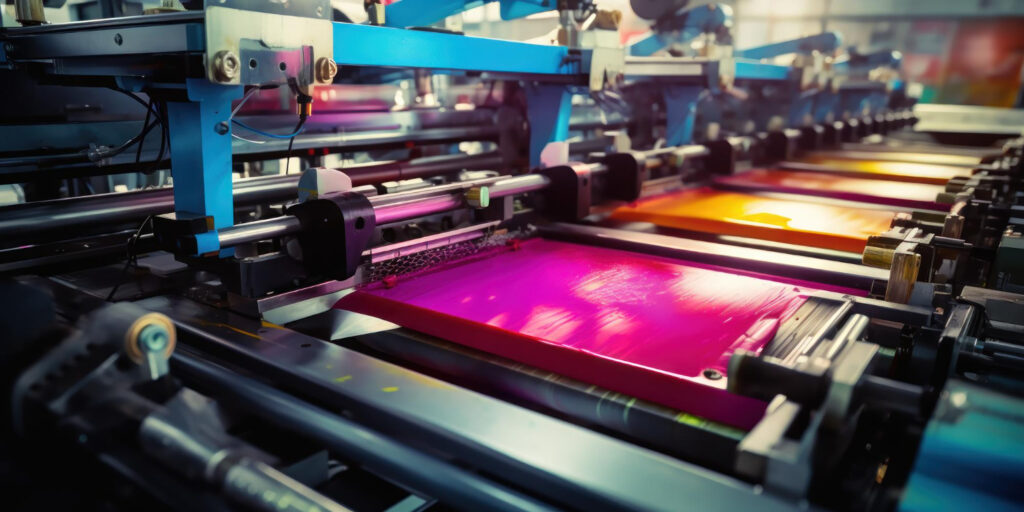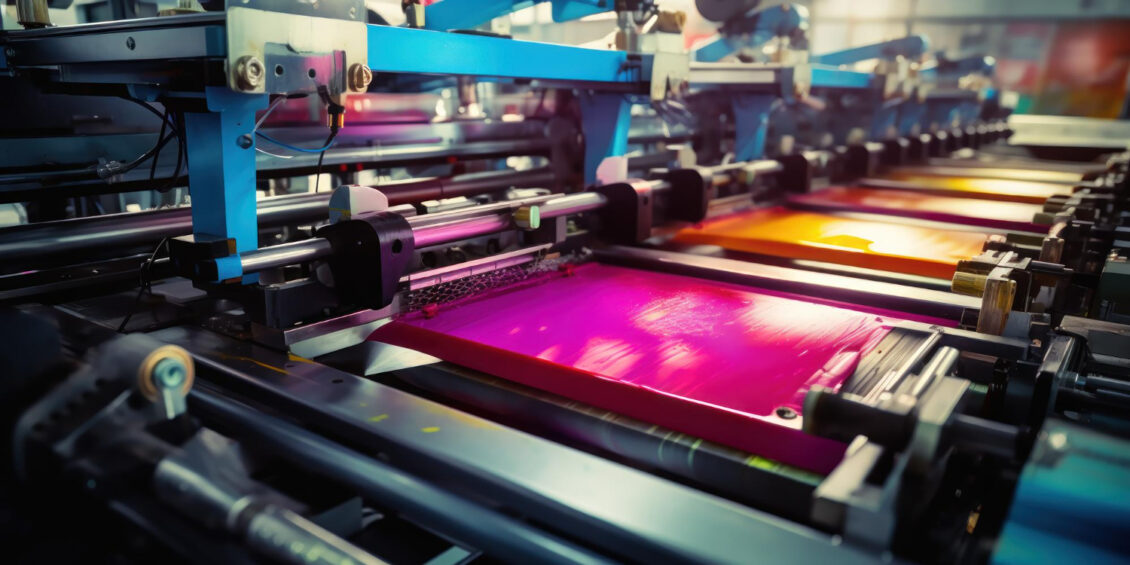In the print industry, carbon emissions are being reduced by incorporating recycled plastics in product design and responsibly sourcing paper and packaging materials. Notably, HP’s latest DesignJet printers have cut emissions by 7.3 tons per printer annually.

Circularity begins with sustainable materials and ethical practices in R&D, extending to customer recycling efforts to close the loop.
Regeneration initiatives, like HP’s recycling facility in Haiti, are essential for reclaiming materials and creating local employment opportunities.
Innovative technologies are revolutionizing the print industry, paving the way for increased sustainability and efficiency.
For example, smart printing, often facilitated by cloud-based apps such as HP Print OS or HP Smart, streamlines job and inventory management. This leads to significant reductions in overproduction and waste of resources like paper and ink.
Meanwhile, artificial intelligence is poised to deliver numerous societal benefits, particularly in print technology. Initially, AI will enhance system diagnostics and predictive maintenance, preempting potential issues before they arise.
This minimizes downtime and prolongs device lifespans. Additionally, AI optimizes global supply chains, identifying opportunities for greater circularity and efficiency.
By embracing a circular economy, businesses and society can significantly reduce e-waste and environmental degradation.
Experts in the Automotive Industry Asia
You need one, but don`t want to hire one permanently?
Our solution: To rent our experts
- On pay-to-use basis
- Completely flexible
- Contract can be cancelled any time
Clearly represented reports and dashboards inclusive!

